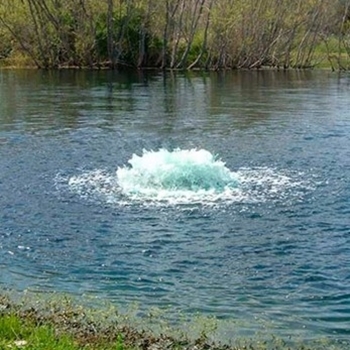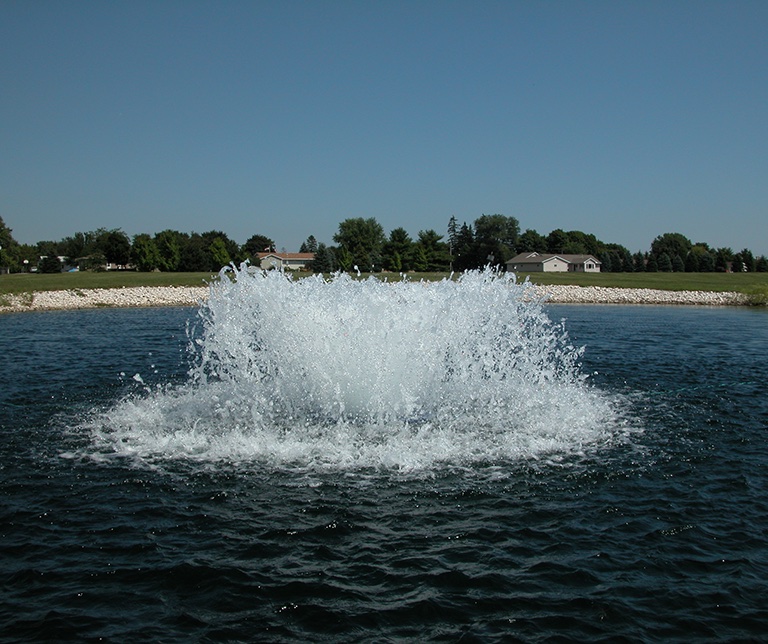West Lake Restoration
Biological products such as bacteria can improve waterbodies' quality. These products can be used to speed up waterbody processes and increase the number of beneficial bacteria in ponds. Large lakes or ponds can be difficult to treat with these products. The area of the pond and its acre-footage will determine the amount of bacteria present in the waterbody. Healthy water bodies have the right mix of enzymes and bacteria.



